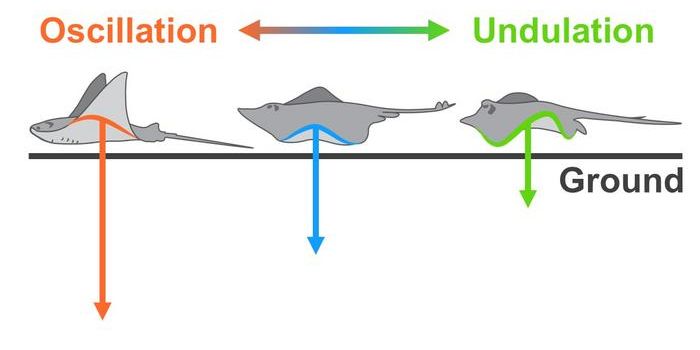Haiti has lost over 99% of its forests
A new study has discovered that Haiti is currently undergoing a mass extinction due to the fact that the country has less than 1% of its original primary forest intact. The research, recently published in the Proceedings of the National Academy of Sciences, comes from a collaboration of scientists, two of whom were affiliated with Oregon State University.
In order to determine this shocking news, the researchers surveyed vertebrates on the 50 largest and highest mountaintops populating the country. Their surveys concluded that 42 of the 50 mountains have lost all primary forest; they also determined that all species endemic to the forests have gone extinct. This loss of biodiversity suggests that a mass extinction is inevitable, if not already a reality.
"Species extinction is usually delayed until the last habitats are gone, but mass extinction appears imminent in a small number of tropical countries with low forest cover," lead author S. Blair Hedges said. "And mass extinction is already happening in Haiti because of deforestation."
Deforestation is the biggest threat to species diversity, the scientists say, yet it’s also important to categorize the type of deforestation. Some craftsmen combat deforestation by using eco-friendly practices to sustainably create leaf wallets and other products from fallen leaves. But other methods are essential when considering the widespread nature of deforestation. The felling of primary forest – forest that has never been touched – is greatly more harmful than the deforestation of disturbed forest – that which has been selectively logged, or has regrown after having been clear-cut, explains Science Daily.
Co-author Warren Cohen of the OSU College of Forestry says that making that classification is necessary when we are monitoring species diversity and deforestation because these different types of forest support distinct species. "Our findings point to the need for better reporting of forest cover data of relevance to biodiversity, instead of 'total forest' as defined by 10 percent tree canopy coverage by the United Nation's Food and Agricultural Organization," Cohen said. "Expanded detection and monitoring of primary forest globally will improve the efficiency of conservation measures inside and outside of protected areas."
Haiti is one of the poorest countries in the world, and though it covers only 11,000 square miles, its population boasts 11 million. Such a high human density no doubt puts a difficult strain on natural resources, and the study predicts that Haiti will lose all of its remaining primary forest cover over the next two decades unless immediate action is taken.
Sources: Science Daily, Proceedings of the National Academy of Sciences









